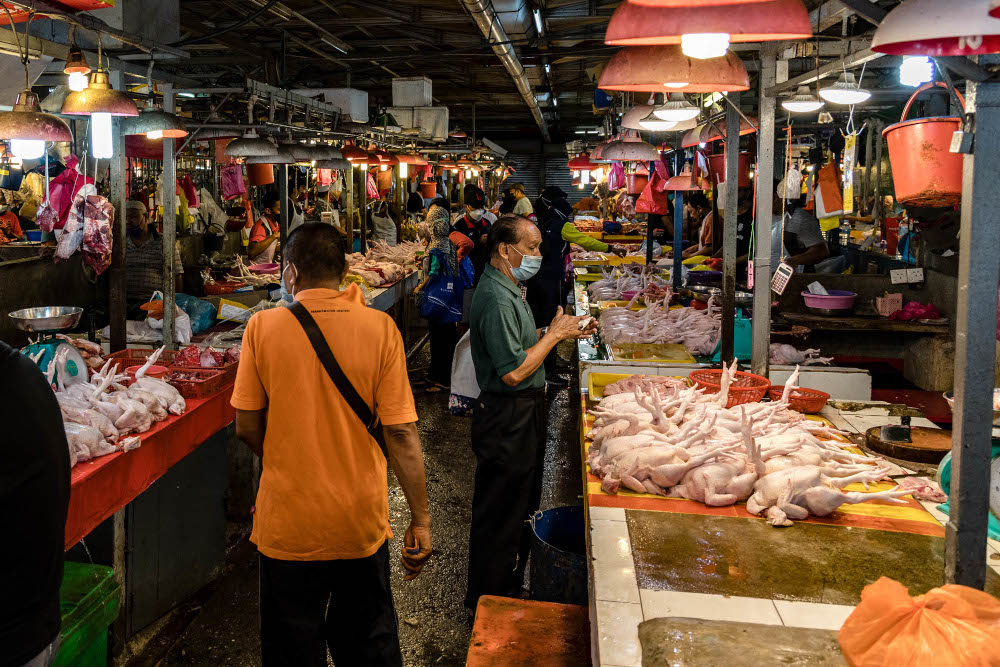KUALA LUMPUR, April 28 — Emerging economies could see inflation hit eight per cent this year as the war in Ukraine is expected to keep energy costs up and prices squeezed by a persistent global supply bottleneck that is hindering recovery, an IMF report forecast.
The Russian-Ukrainian conflict has put pressure on commodity prices, with oil and gas supplies tight after years of subdued investment and geopolitical uncertainty.
“This was a main inflation driver in Europe and, to a lesser extent, the United States,” the IMF said.
“Rising food prices also played a major role in most emerging markets and developing economies, as extreme weather reduced harvests and mounting oil and gas prices drove up fertiliser costs.”
Malaysia, a net food importer, is one of many emerging markets already hit by surging food prices. Consumers said costly food has added burden while they are still reeling from the pandemic.
March’s Consumer Price Index (CPI) rose by 2.2 per cent to 125.6 against 122.9 in March 2021, Statistics Department data showed. The index surpassed the average inflation for the January 2011-March 2022 period of 1.9 per cent.
The IMF forecast inflation to reach 8.7 per cent in emerging economies and developing countries this year, the fastest clip since the global financial crisis in 2008, but expects the effect to be one-off.
Meanwhile advanced economies are expected to reach a 38-year high of 5.7 per cent.
The IMF said supply bottlenecks have also helped elevate inflation, as manufacturers and producers struggle to meet a rebound in global demand because of factory closures, port restrictions, shipping congestion, container shortages and worker absences.



















